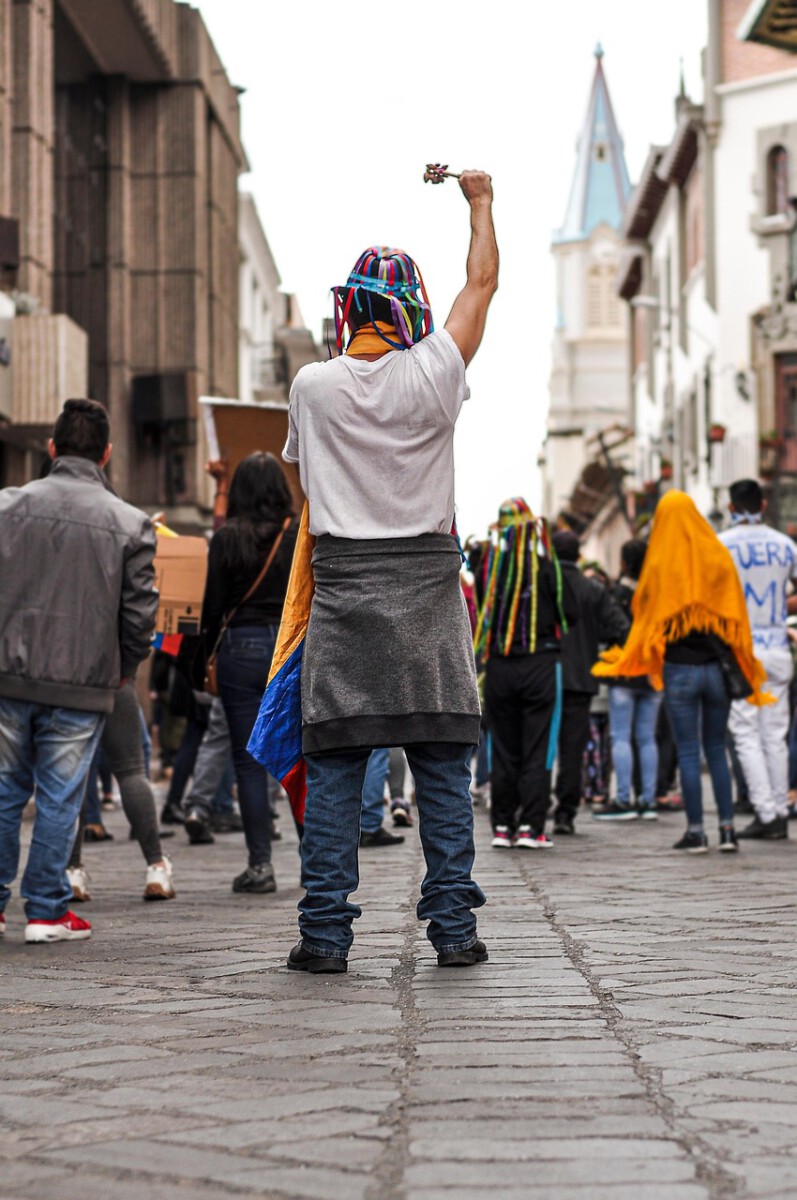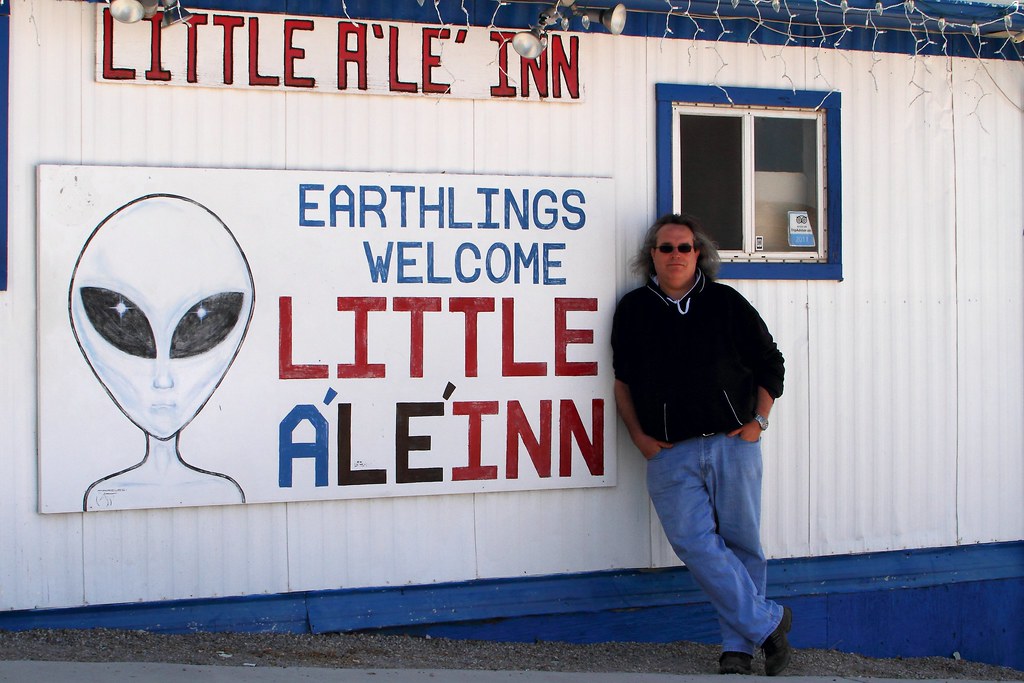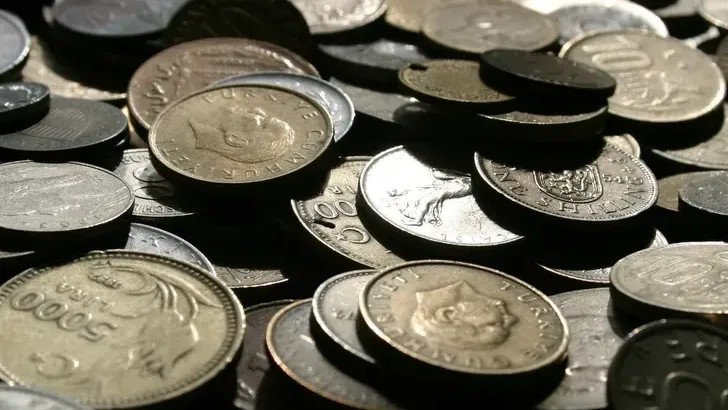
What Sparked the Bold Move on the 110? (Image Credits: Pixabay)
Los Angeles – Amid the roar of stalled engines and flashing lights, a group of determined voices turned a major artery into a standstill, all to shine a spotlight on distant suffering.
What Sparked the Bold Move on the 110?
Imagine waking up to headlines about endless conflict, then deciding enough is enough. That’s exactly what happened when nearly 30 activists took to the 110 Freeway in downtown LA. Their goal? To draw urgent attention to the humanitarian crisis unfolding in Gaza, where lives hang in the balance every day.
These weren’t random disruptions. The protesters, organized under banners of solidarity, linked arms and halted traffic for hours during rush hour. It was a calculated risk, meant to force the world – and especially local leaders – to confront the issue head-on. By the time authorities cleared the scene, the message had rippled far beyond the concrete barriers.
Yet, what followed wasn’t just arrests and court dates. It became a story of unexpected resolution, showing how passion can sometimes navigate the legal maze.
The Arrests That Gripped the City
Right from the start, this action hit hard. California Highway Patrol officers moved in swiftly, detaining the group for blocking a vital roadway. Charges of unlawful assembly and obstructing traffic piled up, turning what felt like a cry for justice into a potential nightmare of fines and records.
For the protesters, though, the arrests only amplified their cause. News crews captured the tension, and social media buzzed with support from across the spectrum. Families back home watched nervously as their loved ones faced the unknown, but the solidarity grew stronger with each update.
A Smarter Path to Resolution Emerges
Fast forward to a quiet Monday in court, and the tide shifted dramatically. Instead of drawn-out trials, the nearly 30 defendants struck a deal: 20 hours of community service each. It’s a simple exchange, but one that underscores a growing trend in handling protest cases – diversion over punishment.
This agreement means no guilty pleas, no permanent marks on their records. Prosecutors, perhaps recognizing the protesters’ genuine intent, opted for leniency. It’s a win that highlights how LA’s justice system sometimes bends toward understanding activism rooted in real-world crises.
Community service could involve anything from local cleanups to educational workshops, turning the penalty into a positive force. For these advocates, it’s a chance to keep fighting without the weight of legal battles dragging them down.
Why This Outcome Matters for Future Activism
Picture this as a blueprint for others. When charges like these get dismissed through alternatives, it emboldens more people to speak out. In a city like LA, where freeways symbolize the pulse of daily life, blocking one isn’t taken lightly – yet here, accountability came without full-blown consequences.
Critics might call it too soft, arguing it sets a precedent for chaos. Supporters, however, see it as progress, a nod to First Amendment rights in an era of global unrest. Either way, it sends a clear signal: peaceful protest, even disruptive, can lead to dialogue rather than deadlock.
Broader Ripples in LA’s Protest Landscape
Los Angeles has seen its share of freeway standoffs over the years, from Black Lives Matter actions to environmental pushes. Each one tests the city’s tolerance for public outcry. This latest case fits right in, but the dismissal angle adds a fresh layer – proof that context matters in the courtroom.
Local groups involved praised the outcome, noting it frees up energy for ongoing advocacy. Meanwhile, traffic experts warn of the real costs: hours lost for commuters, economic hits from delays. Balancing these tensions remains a tightrope for everyone involved.
- Key players: Pro-Palestinian organizations leading the charge.
- Legal twist: Community service as a bridge to case closure.
- Public reaction: Mixed, with strong backing from activist circles.
- Future watch: How this influences similar actions nationwide.
- Human element: Personal stories of why Gaza pulls at heartstrings.
Lessons from the Freeway Frontline
At its core, this saga reminds us that change often starts with discomfort. The protesters disrupted routines to highlight a far-off fight, and in doing so, they avoided the harshest fallout. It’s a testament to strategy meeting sincerity.
Still, questions linger about where to draw the line between expression and obstruction. As LA evolves, these moments push us to reflect on what’s worth stopping traffic for.
Key Takeaways
- Nearly 30 activists faced charges but secured dismissal via community service.
- The blockade spotlighted Gaza’s crisis, sparking wider conversations.
- This deal reflects LA’s nuanced approach to protest accountability.
In the end, it’s a reminder that voices raised together can echo long after the barricades come down. What do you think – does this encourage more activism, or is it time for stricter rules? Share your thoughts in the comments.





